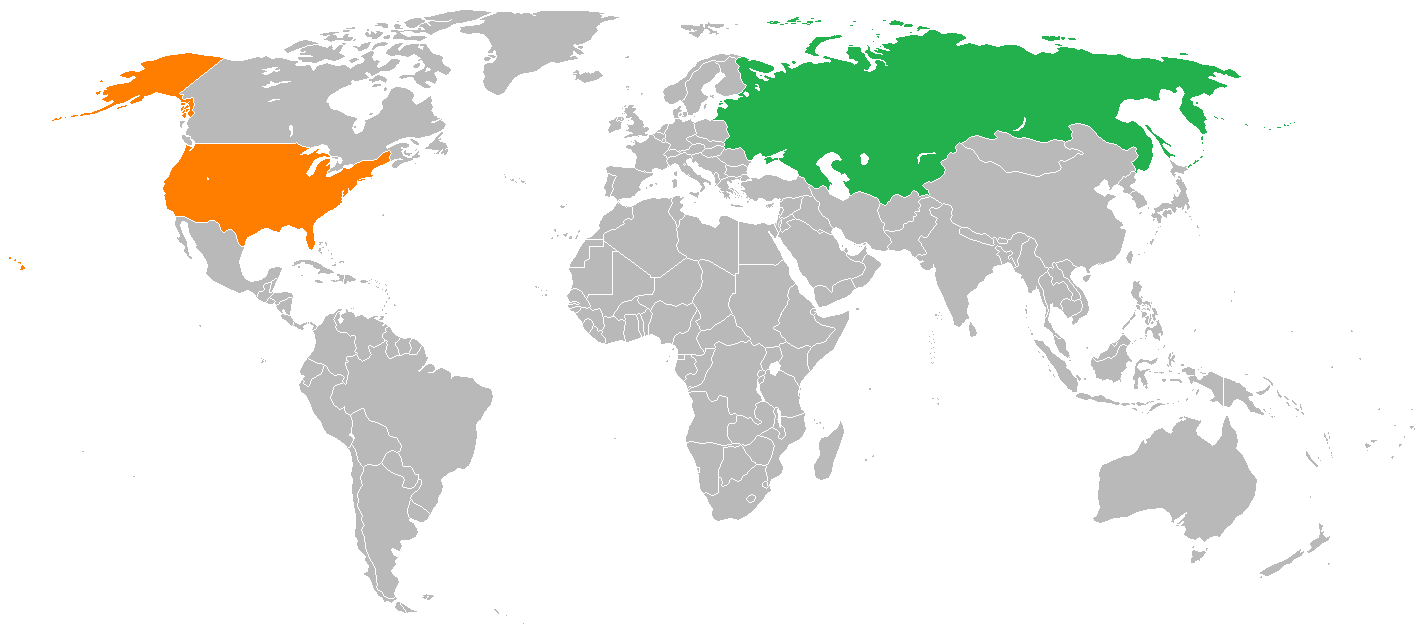The biggest email theft in history
The U.S. Power Grid
How the Russian government-backed hackers gained access to U.S. power grid infrastructure? A joint report by the U.S. "affected multiple organizations in the energy, nuclear, water, aviation, construction, and critical manufacturing sectors."
Contrary to popular belief,
the attackers did not achieve this by boldly targeting high-value targets. Instead, the hackers targeted smaller businesses (educational websites, drilling companies, construction companies) to use as phishing bots for each other, and targeted large power grid organizations with which they cooperated. They leveraged the company's known contacts (trust graph) and used those connections to their advantage.
While we have not seen any damage or tampering with the power supply (we assume their mission is to monitor and observe), this means that if the hackers have done it once, they can probably do it again. It serves as a stern warning that
Enhance your online privacy with temporary emails on temp-email.it. Discover how temporary email services can help protect your personal information.

How about Google and Facebook?
Facebook and Google each lost $100 million to a sophisticated phishing and wire fraud scheme allegedly perpetrated by a Lithuanian hacker named Evaldas Rimasauskas. Limasaskas, an electronics manufacturer and supplier to major companies such as Facebook and Google, who was accused by The Guardian of impersonating Quanta Computer, tried to extort money from companies in the form of fraudulent invoices. Phishing reportedly sent his email.

Wikipedia about email hacking
How to monetize a blog (like this)
How can I make money on the Internet whit a blog? Everyone seems to be asking...
Earn crypto while using Insta 👌
Is it possible to mine Bitcoin with a mobile phone? Yes, mobile mining is the new...

 Cereal_killer
Cereal_killer



